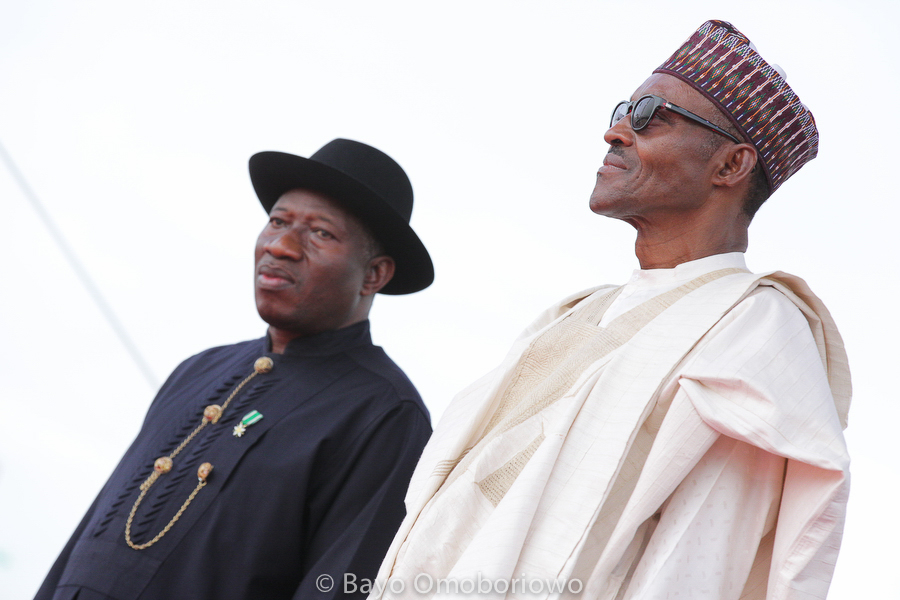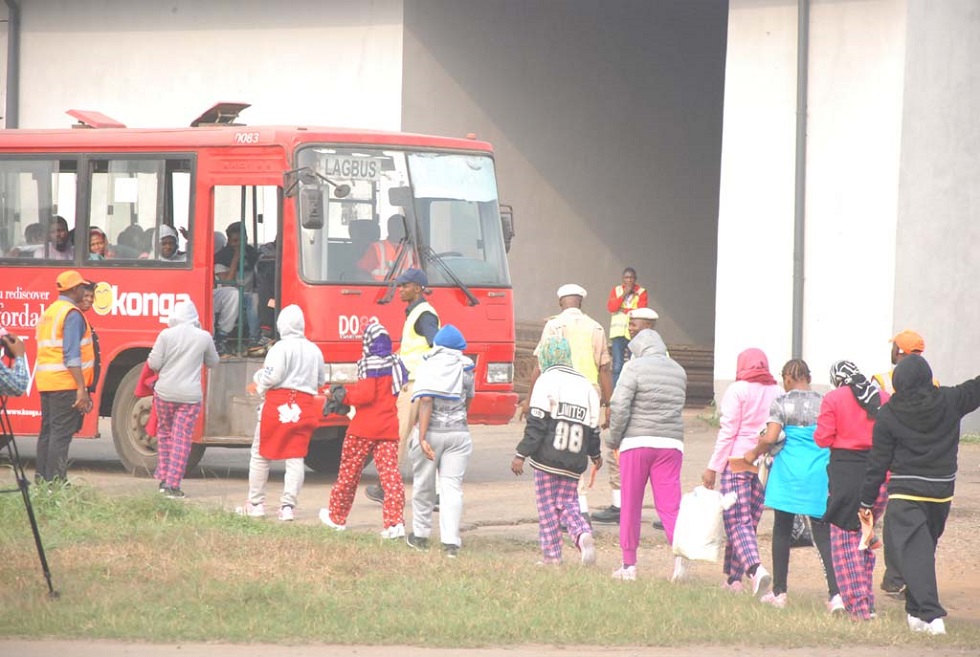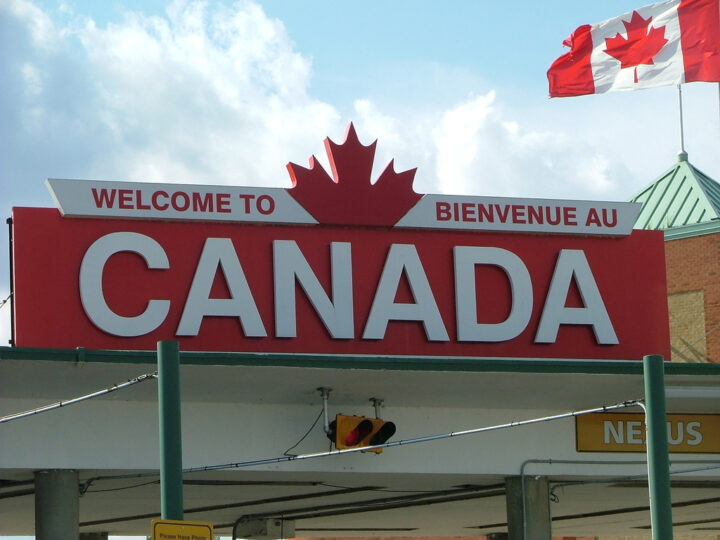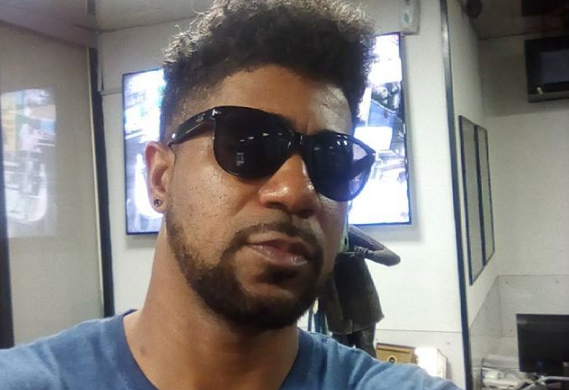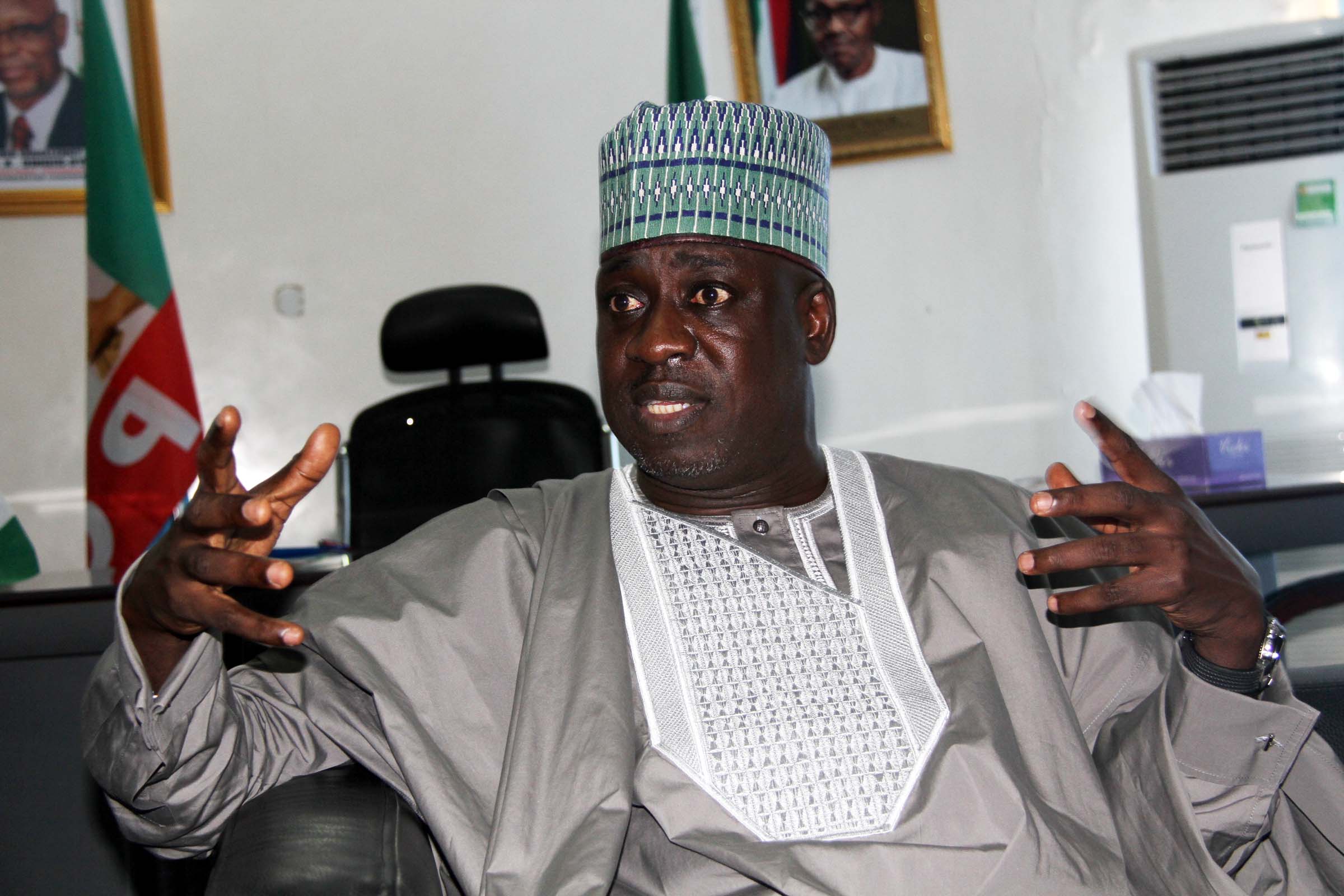Singapore today is leading globally in terms of financial market development, according to the Global Competitiveness Report 2015 – 2016 by the World Economic Forum. Singapore is also recognised for the strength of its goods and labour markets as its per capita income (for 3.7 million residents) exceeds that of many European countries. The ease of doing business in Singapore is relatively high as taxes and corruption remain low. All these and more were achieved due to the visionary leadership of Prime Minister Yew.
Advertisement
In 2015 when Nigerians flocked to the polling booths in record breaking numbers, they were convinced this was the kind of leadership they were voting in; an incorruptible, visionary, passionate leader, set out to level the political, social and economic playing field for all Nigerians – irrespective of social, religious and political affiliations. Soon after swearing-in however, the administration realised there is a stark difference between electioneering and governance.
The APC-led government revealed to Nigerians that they were overwhelmed by the Goliath of corrupt practices perpetrated by past administrations, and not even David could fight this battle alone. As time lapsed, Nigerians were exposed to record shattering figures allegedly misappropriated to frivolous items. Not long after, Nigeria began to feel the effect as it experienced a year-on-year decline in its Gross Domestic Product (GDP), from an all time high of $521.8 billion in Q4 2015 to $481.07 billion in Q4 2016 and $354 billion today in Q1 2017.
According to a former Governor of the Central Bank of Nigeria, Charles Soludo, the onus for this economic decline falls on both the past and present leadership. He explained that although the current APC-led administration met Nigeria in bad shape, their actions and approach in making critical decisions as it affects the Nigerian populace, aided in the economic recession we find ourselves in today. He pointed to the fact that the Federal Government only recently released its Economic Recovery and Growth Plan (ERGP) after nearly two years in office.
Advertisement
It is telling to Nigerians that an administration claiming to work assiduously to resuscitate the economy via diversification and plugging systemic loopholes to reduce corruption and increase employment – creating a more vibrant economy – is merely paying lip service to the general populace.
It is worthy of note that in 2006, Brazil, Russia, India, China, and later South Africa – the BRICS countries – were grouped as potential powerhouses of the world economy. Later on in 2014, Mexico, Indonesia, Nigeria, and Turkey – MINTS nations were similarly tagged as the emerging economic giants possessing the highest growth potential and profitable investment opportunities world over.
As 2019 elections approaches, politicking has begun, albeit subtly. A visionary leader is needed to aide Nigeria meet up with these projections. The Osasu Show along with its production partner TOST TV Network, took to the streets to interview everyday Nigerians to hear their thoughts and expectations of the upcoming elections slated for February 16th and March 2nd 2019, respectively.
In the episode referred to, there is an echo of a populist sentiment that the Peoples Democratic Party should return to power, albeit the corruption allegations laid against them. Furthermore, they want Goodluck Ebele Jonathan, the ousted former President, to champion this takeover. Mr. Chido, a market trader, best describes this collective thought process. He said in pidgin english, “during corruption, a bag of rice was seven thousand naira, now a bag of rice is 18 thousand naira. Make them bring back corruption, in fact, make them add 1,000 on top of corruption make bag of rice be 8,000 and everybody go happy. Abeg in 2019 we want Goodluck to come back, this one na Badluck.”
Advertisement
It can be argued that not enough people were interviewed, therefore The Osasu Show went back to the streets to gather more reactions from a broader base. But perhaps the most integral part of Mr. Chido’s reaction was his analysis of our electoral system. He explained, “Aunty you see when elections come dey go give us money, five thousand Naira, make we go vote for dem, those of us wey never see five thousand Naira since, how you want make we no collect am. Person wey never chop no fit get conscience and na person wey get conscience sabi think well.”
There is no doubt politicians across Africa have formed a cycle of monetary bondage; instead of building schools they invest in stomach infrastructure – keeping the masses financially dependent on them, in return for votes. Citizens, like Mr. Chido, are catching on and have developed a lackadaisical attitude towards elections, making them demand the better of two evils.
In 2019, however, this doesn’t have to be the case, as long as voters begin to demand, from today not in 2018 when it is too late, for a candidate that is outside the cluster of the usual suspects. Nigeria doesn’t need Goodluck Jonathan to come back nor the same crop of leaders that have been at the helm of affairs since independence. We need men and women with proven track records of success in business or politics.
For Nigeria to attain the sustainable growth and development expected of us, some argue we must amend our laws that constrain leaders to a single four-year term. They may be right but before we even dare crossing that bridge, we must get our choice of leadership right, or else! Finally, as fleeting as power is, it will always be the prized possession of the masses. No matter how long it goes missing, it must always return to the people. What we the people then decide to do with it, is up to us!
Advertisement
